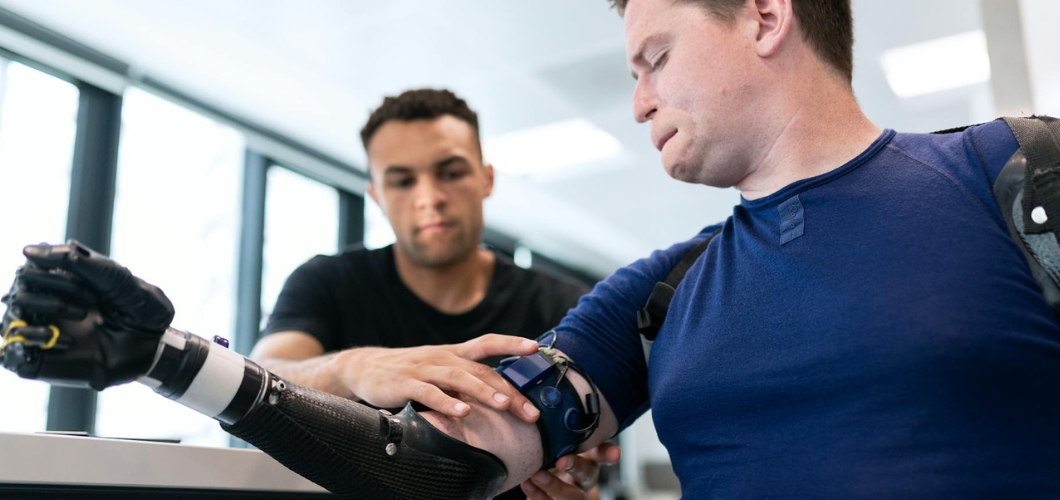ML and AI have advanced beyond their beginnings in research labs to become essential components of our everyday life in recent years. These technologies are significantly altering our daily routines, from how we communicate to how we shop. This blog examines the different fields in which machine learning is having a big influence and how it is changing our daily routines.
Intelligent Home Appliances
Numerous smart home appliances that improve efficiency and convenience are powered by machine learning. By optimizing heating and cooling schedules based on user activity, smart thermostats like the Nest save energy and improve comfort. By using machine learning algorithms to comprehend spoken language, voice-activated assistants such as Google Assistant and Amazon’s Alexa enable users to play music, operate home devices, and respond to inquiries with straightforward voice commands.
Tailored Purchasing Experiences
Machine learning algorithms are used by e-commerce platforms to examine the preferences and behavior of their customers. For example, Amazon provides a personalized shopping experience that boosts customer satisfaction and sales by making product recommendations based on browsing and past purchase history. In a similar vein, merchants employ AI-driven analytics to better satisfy customer demand by managing inventory and optimizing pricing.
Improved Interaction
AI is transforming communication through virtual assistants and chatbots. Natural Language Processing (NLP)–powered chatbots are being used by businesses more and more to answer consumer questions and provide prompt, round-the-clock assistance. In addition to enhancing customer service, this frees up human workers to handle more difficult problems. Additionally, language translation applications use machine learning to provide translations in real time, removing linguistic barriers and promoting international collaboration.
Applications for Health and Wellbeing
Machine learning is propelling advancements in the field of health and wellness that improve individual well-being. Fitness trackers and other wearable technology gather information on heart rate, sleep patterns, and physical activity. To help users reach their fitness objectives, machine learning algorithms evaluate this data and offer tailored insights and suggestions. AI is also being utilized in telemedicine, where algorithms help medical experts diagnose illnesses based on patient information and symptoms.
Navigation and Transportation
Additionally, machine learning is advancing the transportation industry, especially regarding navigation apps like Waze and Google Maps. These apps drastically cut down on travel time by analyzing real-time traffic data to show users the shortest routes. Additionally, machine learning plays a key role in the development of autonomous vehicles by interpreting large volumes of sensor data, allowing cars to operate effectively and safely.
Suggestions for Entertainment
Machine learning algorithms are used by streaming services such as Netflix and Spotify to examine user preferences and viewing patterns. These platforms maintain user engagement and improve their overall experience by suggesting content based on personal preferences. As users engage with the platform, the algorithms gain knowledge and adjust, thereby improving their suggestions.
Conclusion
There is no denying that machine learning has a profound effect on daily life, changing the way we use technology, make decisions, and organize our schedules. We may anticipate many more improvements to our everyday routines as these technologies develop further, making our lives more practical and effective.
Also read: 6 Ways Artificial Intelligence Will Impact Healthcare



